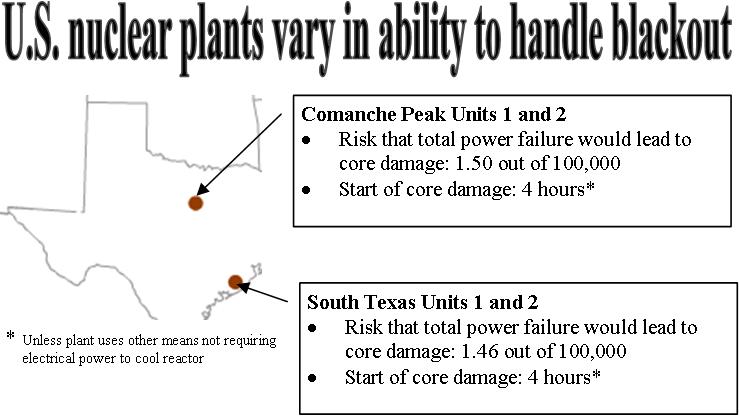Texas oil and gas officials will plead with House Appropriations Committee members next week that the industry needs its $1.2 billion annual tax break, more than children need fully funded schools or the elderly need nursing homes to stay open.
The committee will take testimony on April 14 from industry representatives and others on the controversial tax break for producing “high-cost” shale gas. The tax incentive has been for a controversial drilling method known as fracking in which rock formations are broken with high-pressure water injections. It has come under fire in recent weeks as lawmakers grapple with a budget shortfall estimated at $27 billion.
As it would happen, Public Citizen will be participating in a press conference that same morning of Thu Apr 14, at 10am, on the South Capitol steps, with great folks actually living up on the Barnett Shale and who have been documenting the health impacts. If you’d like to show up to show solidarity both for folks living with drilling and to support getting rid of this corporate welfare tax loophole in favor of fixing our budget deficit, feel free to come by.
For folks living in the Barnett Shale region of the state, leaving this tax break in place would just add insult to injury. Many in North Texas are grappling with environmental impacts from the natural gas drilling that they believe are adversly impacting their water, their air quality and their health. To suffer the economic impacts of cuts to vital and important services while giving this highly lucrative industry a corporate welfare “tax break” would be too much to ask of these Texas citizens.
The state has been giving out this ‘high-cost’ gas exemption to wells that only cost $24,000 and above to drill, while a leaked interim report from the Legislative Budget Board that was never published shows that eliminating the oil and gas industry’s tax break would bring in $2.4 billion to the state per budget cycle.
It is going to be an interesting hearing.




 Off the Kuff
Off the Kuff




